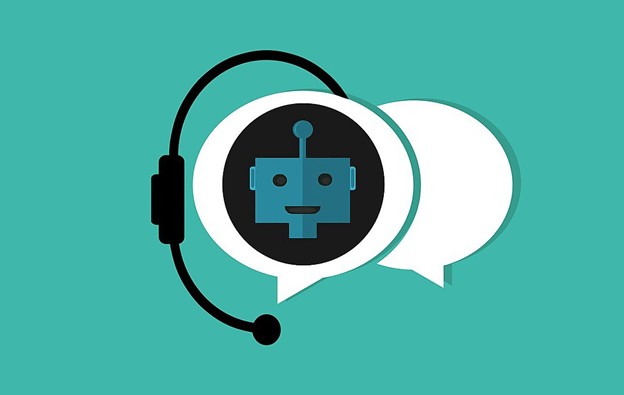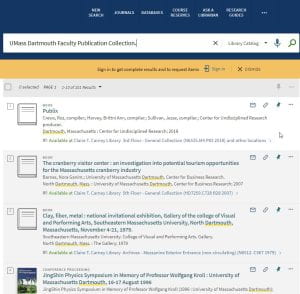By Matt Sylvain
Digital Object Identifiers (DOIs) are an important and ubiquitous part of online scholarly communication. They help provide persistent linking through the use of unique alphanumeric strings. You’ll see them assigned to a variety of scholarly material, including journal articles, dissertations/theses, and conference proceedings. They appear in bibliographies and journal websites and are a required component of modern citations. For example, this page addresses when to include digital object identifiers (DOIs) and uniform resource locators (URLs) in APA Style references.
The benefit of DOIs to authors, researchers, and publishers is their reliability. URLs can change, while DOIs are static and a more reliable way to ensure that research traffic gets to its intended destination.
You may have noticed that DOIs follow a common syntax and all look very similar. They contain a prefix that begins with “10.” followed by the publisher’s identifier. So, a publisher’s DOI prefix is always the same and can be used to determine whether two DOIs are for works by the same publisher. For example, UMass Dartmouth’s prefix is 10.62791. All DOIs published by the University will begin with this number.
DOIs also contains a suffix, which are opaque strings created by the publisher. The prefix and suffix are often preceded by a DOI resolver. Here’s an example from the CrossRef website:

Until now, the library has helped researchers and scholars understand and use DOIs, but it has not created the identifiers. To do so, the library needed to join a registration agency. Agencies provide the oversight necessary to ensure a functioning system. For example, I can imagine publishers accidently reusing DOIs, duplicating an existing DOI, and not using a consistent prefix if agencies didn’t exist. This spring, the library joined CrossRef, a non-profit used by many universities to mint DOIs for their scholarly publications. This summer we hope to begin assigning DOIs to articles in Tagus Press’s Portuguese Literary & Cultural Studies, a peer-reviewed journal which is published semi-annually at UMass Dartmouth. We will eventually expand the identifiers to the University’s electronic theses and dissertations.
If you have questions, feel free to reach out to us at libsys@umassd.edu.





